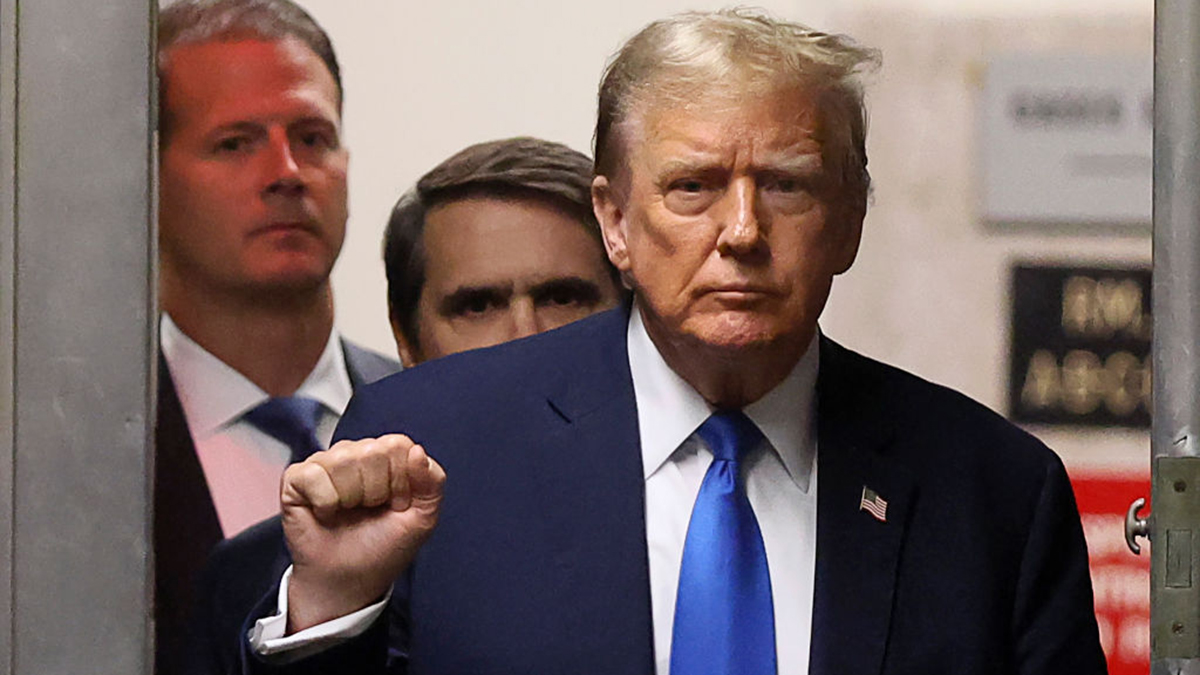Here is Prop Zero's quick analysis of the third and final debate between Gubernatorial candidates Meg Whitman and Jerry Brown. Forgive the sports analogy, but I can't help myself. Ms. Whitman came off as the well coached and polished team (say the 2009 New Orleans Saints), taking the field against a wily veteran who simply knows how to win (oh, I don't know, say Brett Favre and the 2009 Minnesota Vikings). Of course, in this debate there was no clear winner, no game changing moment. No Hail Mary completions, no overtime field goals, no walk-off homers or buzzer beater shots.
Okay, enough with the sports analogies. But what we had here was at least a substantive discussion of the issues facing California. Sure the candidates were long on imagery and short on specifics, but we certainly got a better understanding of what these candidates would do if elected than we're getting from the avalanche of 30-second ads that fill the airwaves.
The exchanges were sharp in some cases, but at least they were mostly over the issues: mainly the thorny state budget problem, taxes and the economy.
On the budget, Whitman said she would shrink state government, reform the welfare system and devise a two-tier pension system that would offer smaller pensions to newer hires.
Brown said cuts had to start at the top, and he would quickly cut the governor's budget by 15 percent. A very prepped Whitman pointed out that would save only little more than $2 million, or essentially a fraction of one-percent of the California budget shortfall. A quick score for e-Meg.
Brown, however, made his own points when he challenged Whitman's plan to eliminate the capital gains tax. He asked her how much money that would save her personally. No answer was given, or really needed in this case.
Both candidates sounded familiar themes. Whitman saying she would bring jobs raining down on California, while Brown pointed out not only does his political experience make him more qualified for the job, his age makes him more concerned about California's future than even his own.
U.S. & World
News from around the country and around the globe
But no debate in this campaign goes by without a foray into personal attacks, and the highest drama came over what's become known as "Whore-gate."
Moderator and former NBC anchor Tom Brokaw asked Brown about a voicemail where someone from his campaign said they could call Whitman a "whore" for her steps to gain the endorsement of the Los Angeles Police Union. Brown offered a sort of third-party apology, saying the campaign has expressed its regret and that he "affirms that apology tonight."
Very heartfelt, don't you think?
Whitman gave Brown a sideways glance and said, "It's not just me, but the people of California who deserve better than slurs."
Brown shot back that Whitman campaign manager Pete Wilson referred to Congress as being whores back when he was governor. Well, the audience gasped, Meg said, "that's a completely different thing. You know better than that, Jerry," and the big issues fell to the background once again.
But this time, the candidates came back to them, Whitman in a well rehearsed, buttoned-down way, and Brown, in a freewheeling, often free-association manner.
Essentially, conventional wisdom is saying a debate win was more essential to Whitman than to Brown. We'll see how wise the convention is.
Brokaw showed his retirement from the NBC anchor desk has done nothing to diminish his sense of good television. He kept a loose rein on the candidates, allowing them to spar with each other to create some televised drama. He also displayed a comedic sense as well. He addressed the audience while leaning on crutches, recovering from a broken ankle. He spoke of his affection for California, adding "we're both broken for the moment." The only difference is I hope to be repaired by the first of the year."
If only we could limp to being healed so quickly.



